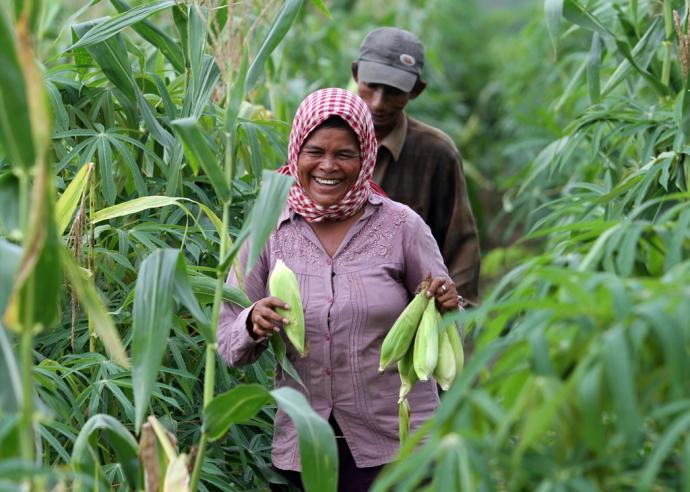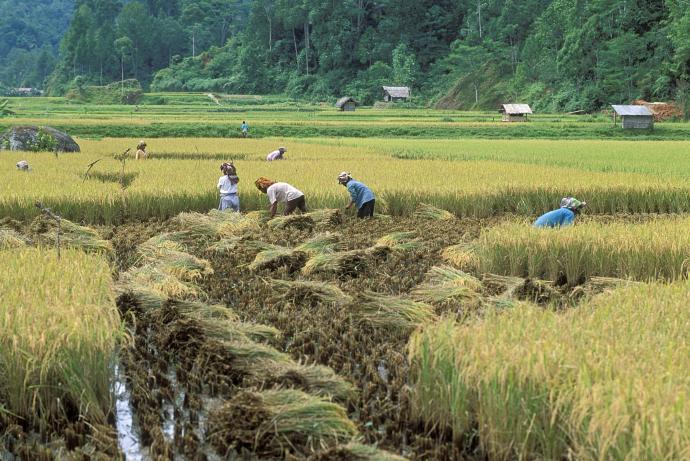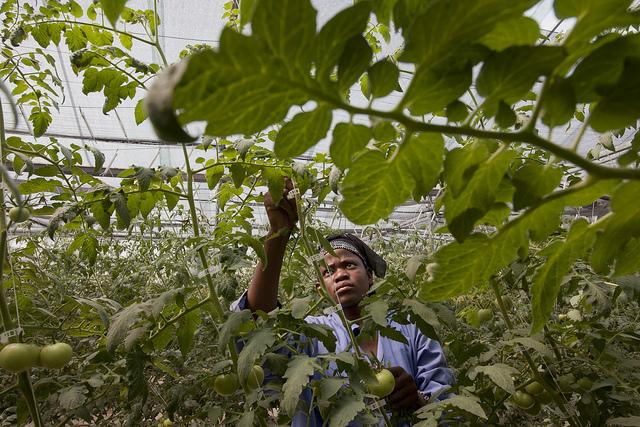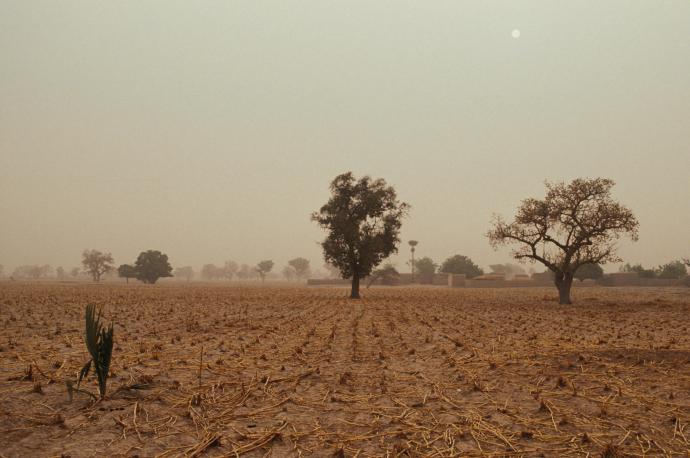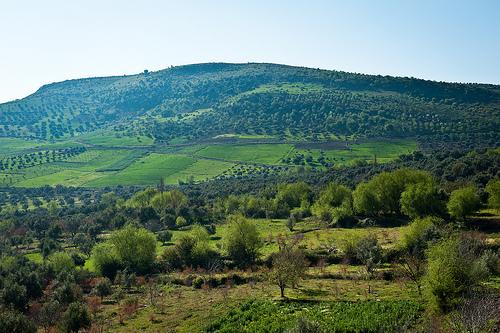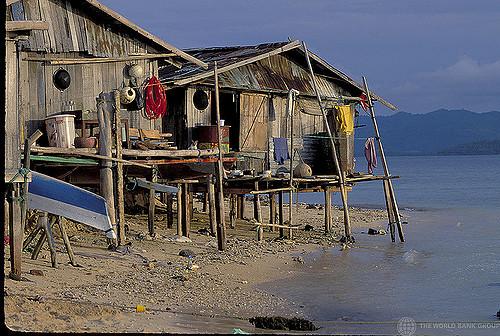
Published on:
Topics:
Country:
In a CGAP blog, Thea Anderson and Muhammad Syahrin write that building disaster resilience in Indonesia is critical, as the country is battered by earthquakes, tsunamis, volcanoes, flooding, and droughts on a regular basis. To this effect, MFIs serve as a critical and immediate vehicle to financing after disasters. Recognizing this ongoing cycle, Mercy Corps pioneered the Indonesia Liquidity Facility After Disaster (ILFAD), which has partnered with global reinsurer Swiss Re and the World Bank’s Global Index Insurance Facility (GIIF) to design portfolio-level insurance products in partnership

